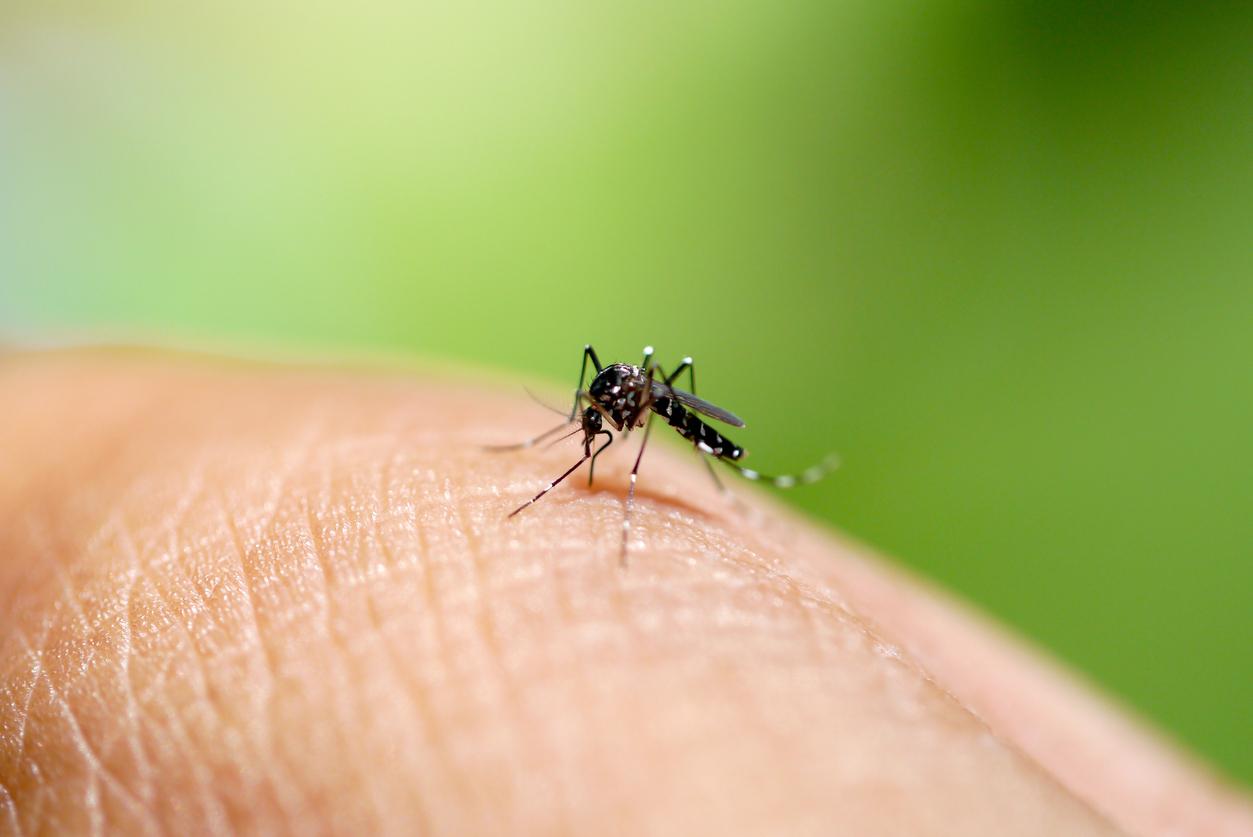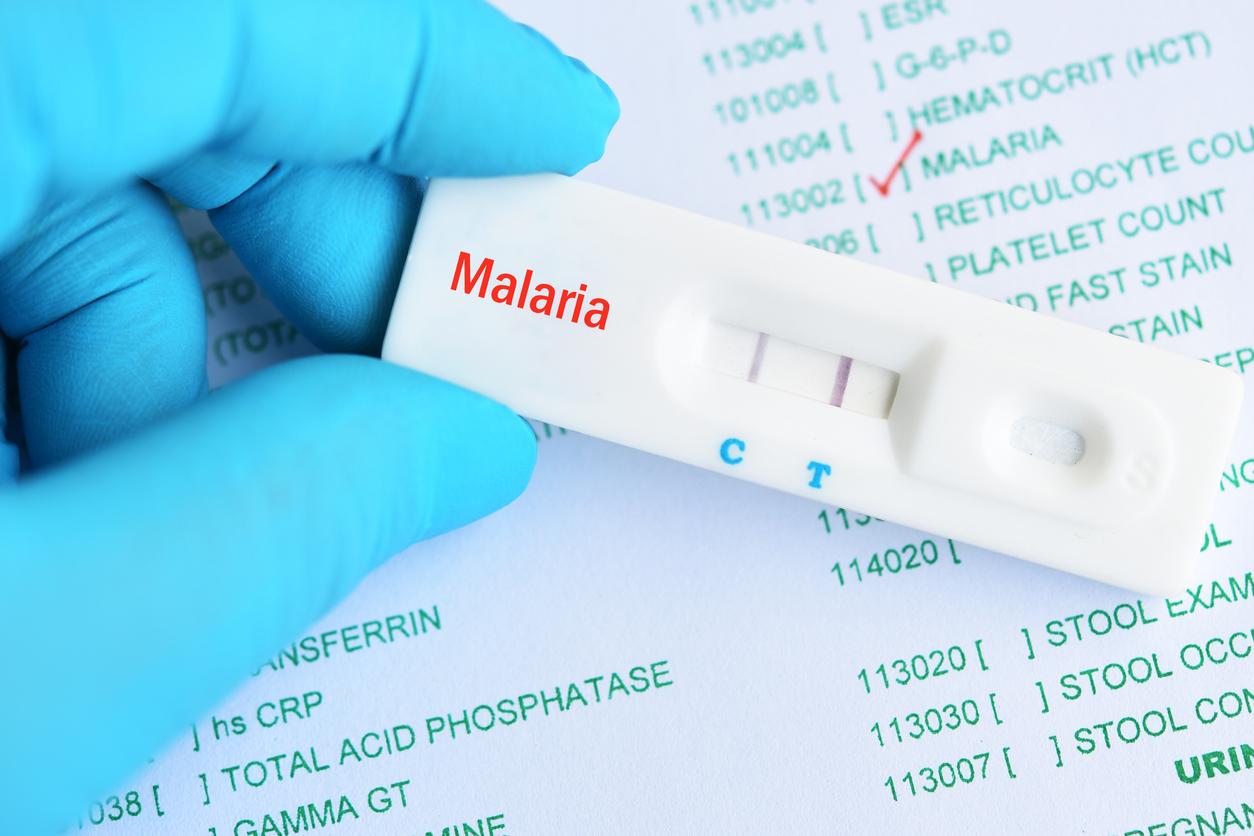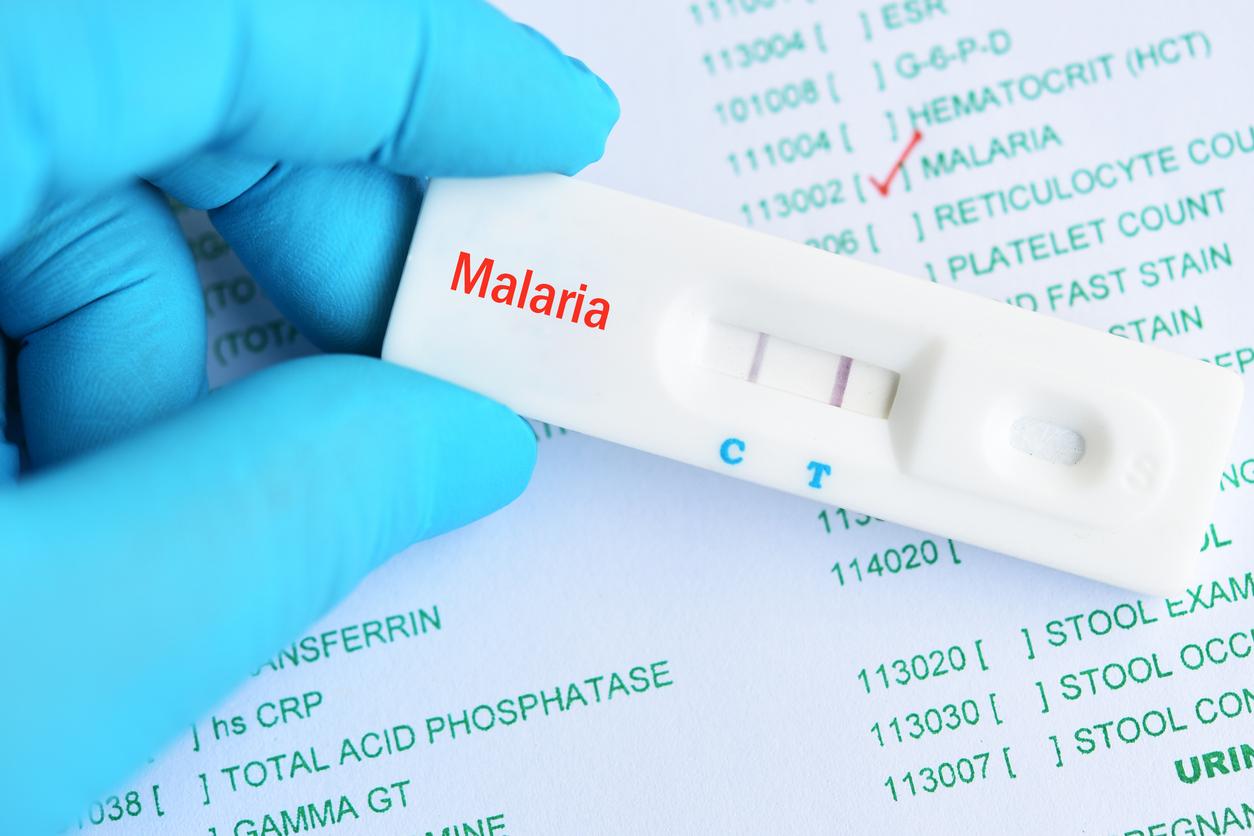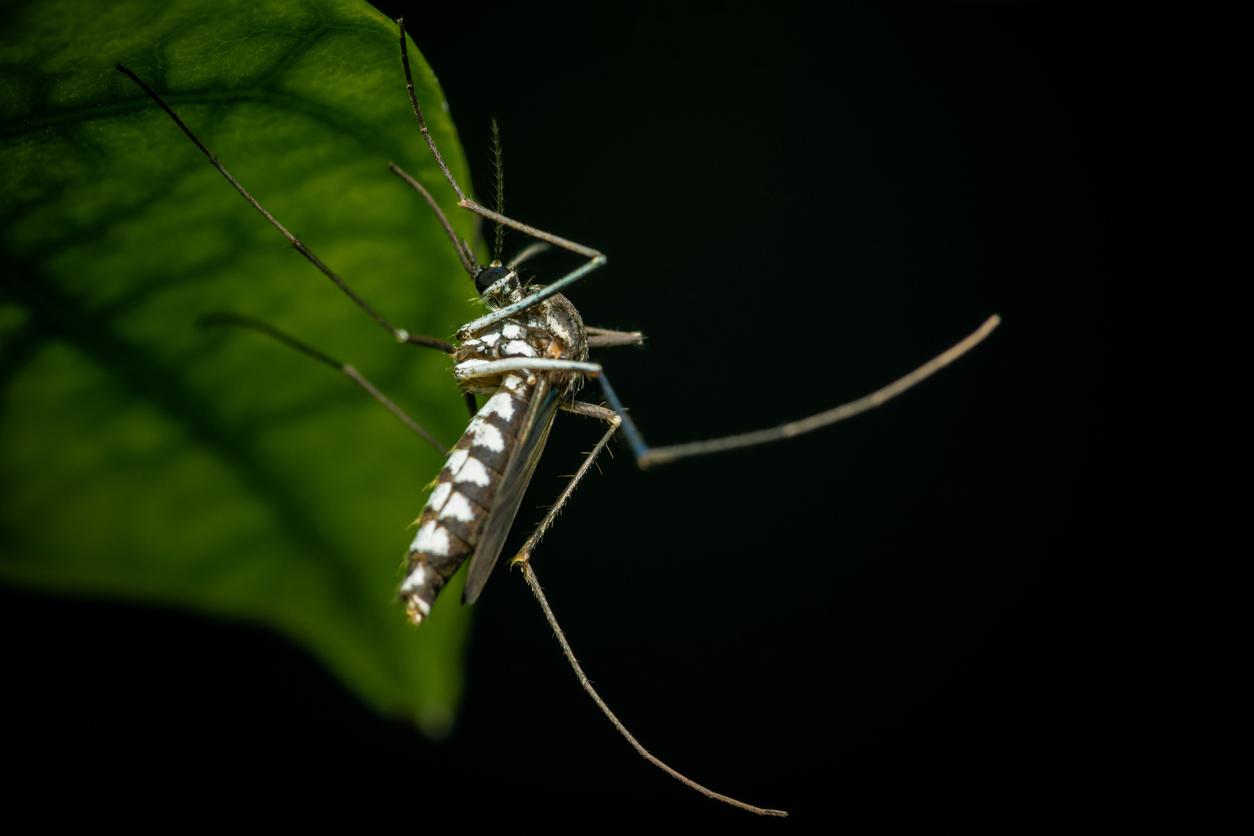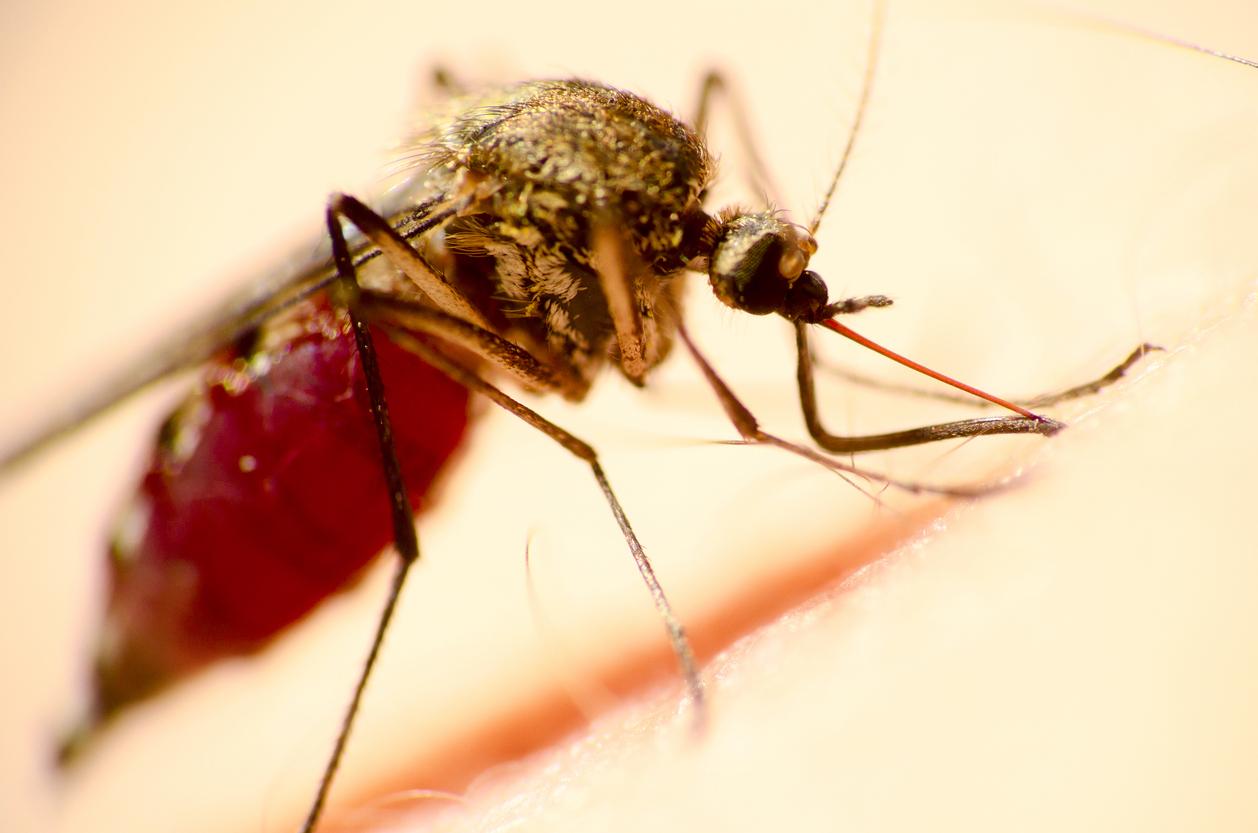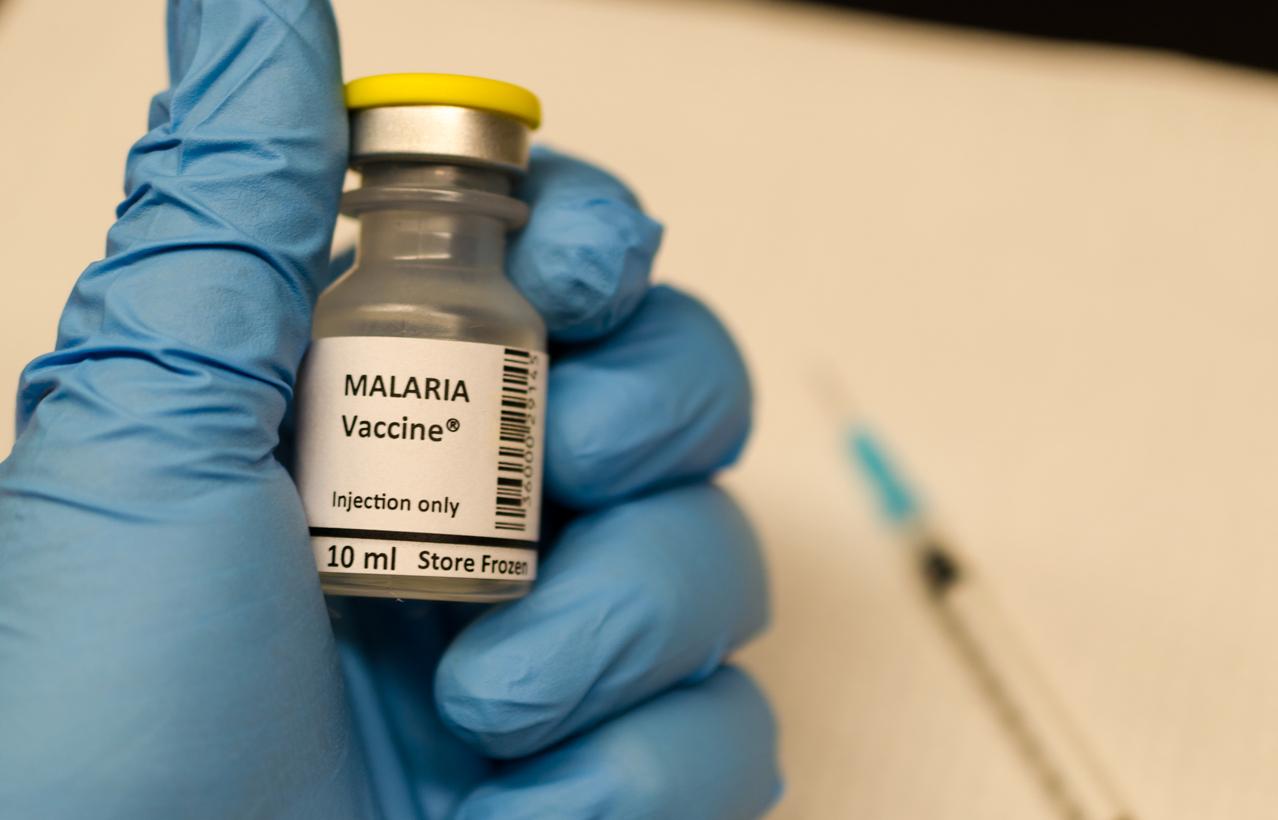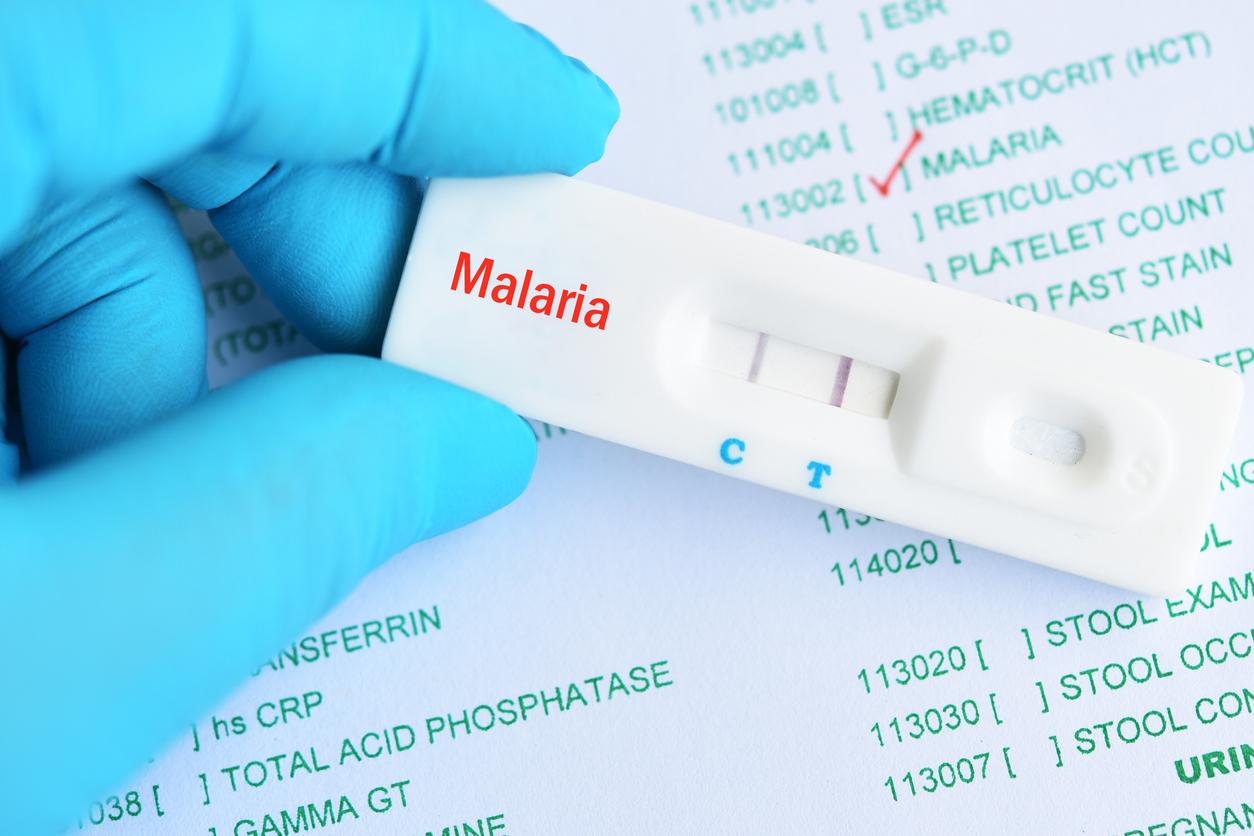From 2000 to 2012, the measures to prevent and fight against malaria have borne fruit. They have reduced the incidence of malaria by 29% globally and by 31% in Africa, according to the World Malaria Report 2013 published by WHO. The organization estimates that 3.3 million lives have been saved during this period in the ten countries most affected by this disease. Children under 5, the group most affected by this disease, have benefited the most from this reduction in the death rate.
Despite these progress made, efforts must not be relaxed because malaria remains one of the greatest scourges of the 21st century. In 2012, there were 207 million cases of malaria and 627,000 deaths. 3.4 billion people are still vulnerable to this infectious disease, mainly in Africa (80% of contamination) and Southeast Asia.
“To win the battle against malaria, we must have the means to ensure the prevention and treatment of the disease for every family who needs it, explains Raymond G Chambers, special envoy of the Secretary-General of the United Nations for the financing of the objectives Millennium Development Goals and for malaria Access to prevention can be improved, as “millions of people still do not have access to quality-assured diagnosis and treatment, especially in countries that do not have a strong health system,” the WHO said in a statement.
New vaccines under study
To accelerate the fight against malaria, additional funds are needed since only half of the 5.1 billion needed each year are currently allocated.
“Over the next 10 to 15 years, the world will need innovative tools and techniques, as well as strategic approaches to sustain and accelerate progress,” says Dr Robert Newman, WHO Director of the Global Program of malaria control.
From malaria vaccines are currently being studied by researchers. If their effectiveness is demonstrated, they could reduce the number of malaria cases by 75% by 2030.








